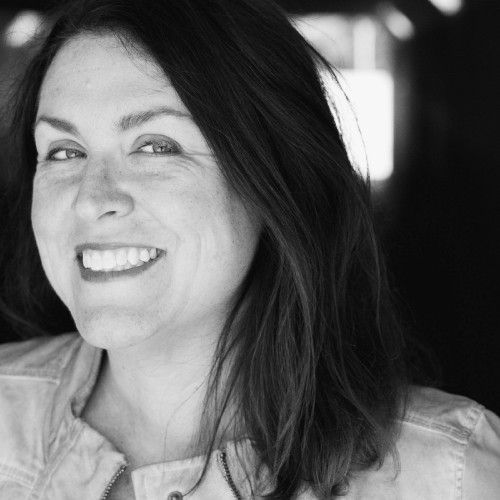Given the sedentary lifestyles many of us lead today as we stare at screens for both work and entertainment, it is easy to find our fitness levels slipping. As time passes, it can become harder and harder to “whip yourself back into shape.” Despite our good intentions to eat right and exercise more, progress can seem slow, and backtracking may seem inevitable. Following are some tips on how to seek help of a personal trainer to improve your health, taking strategic steps to quickly and efficiently maximize results of your efforts to get fit.
Start with clear goals
Boulder, CO-based fitness trainer Devin Perreault said the best way to start a personal training program is to set clear goals. He said, “Firmly define what your goals are and work your way backwards; compare where you are now to what you need to do and then ‘bridge the gap’ to accomplish your goals. If your goal is more general or you are not totally sure about them, that’s fine, but you need to begin with a clearly defined goal.” He said a trainer can help clients establish more specific goals than simply, “I want to lose weight” or “ I want to get more toned.” Perreault advocates setting a goal and objectives for which you can clearly track progress.
Perreault also says personal training can be useful when you need specific help. “If you have a lofty goal that hasn’t worked out before, getting expert opinion can be a very good investment.” He said if you know that you do better exercising with a particular group of people for social reasons, then a group class may be wonderful for you. He said especially for simple weight loss, that kind of group exercise could be a good way to make a change. However, he said, “If you have tried and not succeeded [to meet a specific goal], then asking a specialist in what you are trying to do can be a very good investment.”
Know what to look for
Perreault said it is important to look for these qualities in a personal trainer:
· A good personality match.
· Someone who teaches healthy habits, rather than looking exclusively at results on the scale.
· Someone who can empower you and who has a realistic and healthy view toward exercise — who doesn’t see particular food groups as evil and are open to other forms of training.
· Someone who is striving to get better, who doesn’t “know it all,” and who is a supportive person.
To find these traits, he recommends interviewing trainers. He said, “I think you have to ask questions. Most people are not necessarily sure what they are looking for.” Further, he said, “When you hire a coach, you assume they have a certain level of expertise — but some so-called ‘experts’ can be incredibly misguided.” Once you have defined a goal, you need a method to assess if they can do what they say they can do for you. Ask the trainer to demonstrate how they have helped others accomplish similar goals.
For example, some big box gyms give members one free session with a personal trainer, but these might funnel you to the newest trainer or the one with the most open schedule. The match should be based on what client wants, not based on gym availability.
If you are eager to get started, Perreault says it is worth asking, at a minimum, “Can you do what I’m asking? Can you help me accomplish this? That’s a good starting point.”
If the trainer does not have a lot of experience, he suggests that the trainer should simply admit to being new. You can still have a good experience if it is a good personality fit and if the person can deliver on what is promised. He said, “You can have a very good working relationship if they tell you they can deliver and they do — versus if they do not.”
He summarized, “If you work with the right trainer, it can be a positive, life-changing experience, versus a chore spending time with them. It should be something that is rewarding, empowering, and makes your day better, or your week better. Find someone you look forward to seeing the majority of the time. It is good to be consistent and have someone to hold you accountable. Is able to help you do the things that you have asked them to do.”
Recognize that personal training may be optional, but good health is not
Personal training is an investment that many people see as a luxury. However, Perreault said, “I don’t think being healthy and eating healthy should be out of reach for the average person. It requires the right resources as well as the right skill set and mindset. It has to be a priority. Everybody has to come to that conclusion on their own. Taking care of yourself a bit more — it has an impact on anything and everything.”
Perreault said to remember, “It doesn’t have to be a really sharp change. That can be unhealthy. I’ve seen people who tried to do so much… It’s not all or nothing. It’s getting a little better, every single day, in a way that is sustainable so you are able to keep the habits you have, that you worked to create.”
Think about other ways to build a support system for your health and well-being. Everyone should have someone to rely on for supportive health advice. The key is to learn to distinguish good from bad information. Use the “what to look for” bullets above to help you determine if you are getting what you need from your support network — you should be looking to build realistic and healthy habits with a supportive team.
Originally published at medium.com


